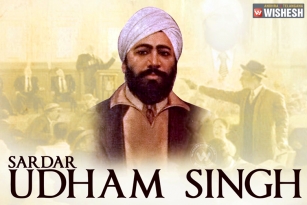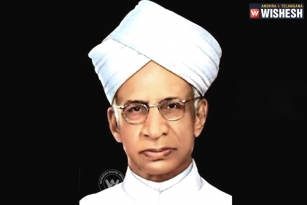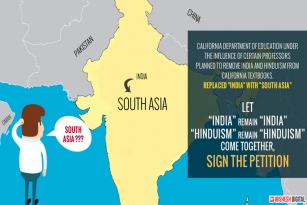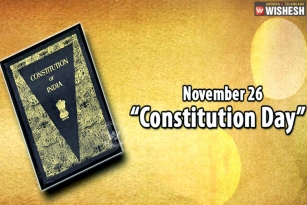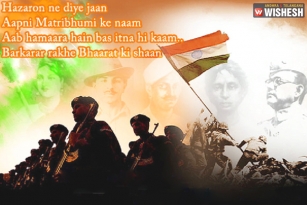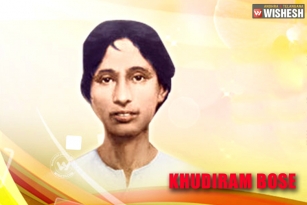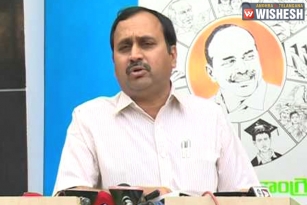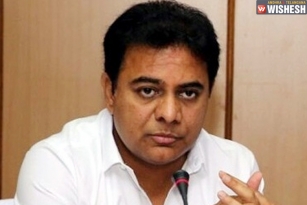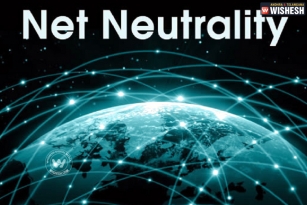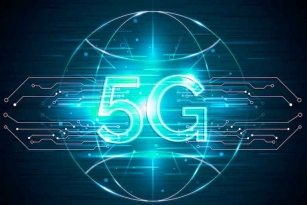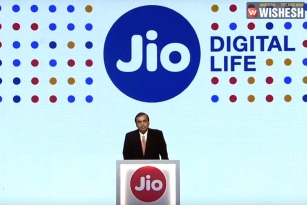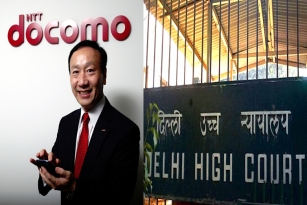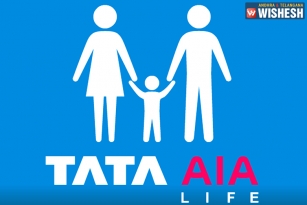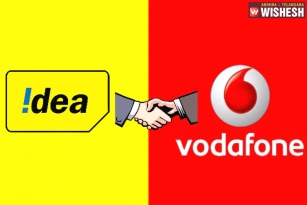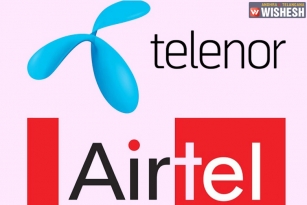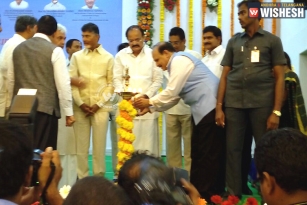
No Roaming Charges on Mobile Phone Calls
There is good news for mobile phone service consumers.

Telecom Minister Kapil Sibal has unveiled a new telecom policy which proposes to remove roaming charges for subscribers within the country.Mobile telephone users may be able to make calls without paying roaming charges and change operator outside their circle while retaining the same number, if draft New Telecom Policy is implemented.
Declaring an agenda of 'One Nation-One Licence' across services, the NTP endeavours to create an investor-friendly environment by attracting additional investments in the sector, which has been marred by controversies relating to 2G scam in the recent past.
"Moving forward, we aim to create One Nation - One Licence across services and service areas. We aim to achieve One Nation - Full Mobile Number Portability and work towards One Nation - Free Roaming," Telecom Minister Kapil Sibal said while unveiling the draft New Telecom Policy 2011.
In the wake of the 2G scam, the Minister said, spectrum allocation would be delinked from licences and radio waves made available at market-determined prices. As the market was crowded with too many players, the government would bring in an exit policy.
The draft policy would target full MNP and free roaming. “I want India to become a hub of telecommunication. Draft NTP targets broadband on demand.”
Mr. Sibal said 300 Mhz of radio waves would be made available by 2017 and another 200 Mhz by 2020. “We will ensure adequate availability of spectrum and its allocation in a transparent manner through market-related processes.” According to the new policy, roaming charges will be done away with and mobile number portability allowed even while switching service areas. It also aims at increasing broadband availability and speed for subscribers
They may also be allowed mobile number portability even if they shift from one state to another under a proposed a new regime under which the entire nation will betreated as one telecom zone, with no circles.
At present, only intra-circle number portability is permitted. These are among the proposed new features under a new telecom policy expected to be approved by the cabinet and announced by December. The policy also aims for tax-friendly infrastructure status to the telecom sector.
Roaming customers currently pay one rupee per minute for incoming calls and about R1.5 per minute for outgoing calls, higher than what they pay in their home areas.
For service providers, the draft new telecom policy (NTP 2011) attempts at corruption-proofing spectrum allotment by delinking it from licences.
The draft policy envisages sale of spectrum to operators through market-linked processes, including auctions. Start-up spectrum is currently issued to operators on a first-come-first-served basis at Rs 1,650 crore for pan-India spectrum. Both the low price and the manner of allocation are at the heart of the 2G spectrum scandal.
This price was determined in an auction in 2001. In 2003, the government gave licences on the basis of this price. The then IT ministers Dayanidhi Maran and A Raja issued licences at this price in 2007 and 2008.
“We shall enact a Spectrum Act which inter-alia deals with all issues connected with wireless licences and their terms and conditions,” said Sibal.
Telecom operators welcomed the new policy. “Emphasis on affordability of services is welcome step and AUSPI is confident that DoT (Department of Telecommunications) will make available at affordable price optimum quantity of spectrum and rationalise levies to bring them down to those in other countries,” said the Association of Unified Service Providers of India (AUSPI).
Bharti Airtel said the new policy, which aims to boost broadband speed, “will help in further expansion of networks.” Save








